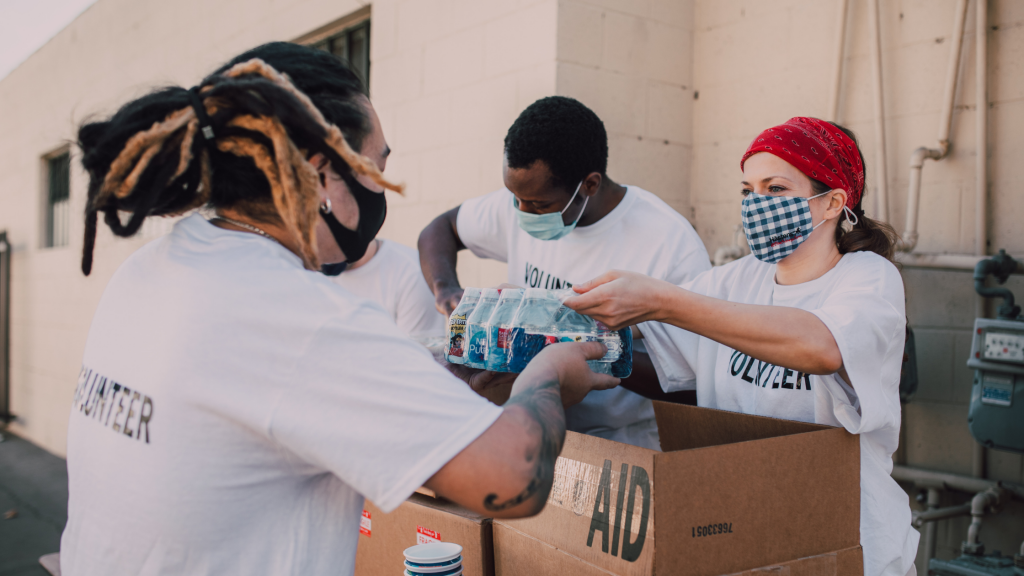
The disruption caused by COVID-19 is unprecedented. Millions of people have lost their lives and livelihoods. Challenges to food security, public health, and employment have hurt economies worldwide. Governments, organizations, and individuals have come together to combat the global pandemic, but there is still a lot to do before things get back to normal. Now more than ever, we need nonprofit organizations, but how has the pandemic impacted philanthropy?
A lot of people are at risk of falling into extreme poverty because the pandemic has hampered supply and demand. Every level of society has been disrupted, but the most vulnerable have been disproportionately impacted.
The good news is that institutional donors are establishing COVID-19 emergency funds.
One example of a mutual-aid network is the Bed-Stuy Strong based in New York, which has grown to 4,000 members since its inception in March. Volunteers are organized through Slack, and donations are often collected through apps like Venmo. More than 17,000 people have received a week’s worth of groceries and cleaning supplies, with 85% of them being elderly, sick, or disabled.
Another example is Communities Foundation of Texas (CFT), which is a COVID-19 emergency-funding collaborative. CFT works in North Texas and across the state through a variety of charitable funds and strategic initiatives. According to Sarah Cotton Nelson, Chief Philanthropy Officer, the collaborative uses a common application to make it easier for charities to request funds and for foundations to collaborate on grants. People can apply for a grant, and funders will use a shared portal to access information submitted by nonprofits via the common grant application.
Amidst the pandemic, philanthropy is thriving.
The Center for Disaster Philanthropy (CDP) reported that during the first half of 2020, the $11.9 billion given in response to the COVID-19 pandemic far exceeded philanthropy for previous disasters like hurricanes, earthquakes, and bushfires.
Some of the largest philanthropic funding to combat COVID-19 is led by corporate businesses like Google, The Bill & Melinda Gates Foundation, and Open Society Foundations which contributed nearly $7.9 billion. While high-net worth individuals like Twitter and Square CEO, Jack Dorsey, also contributed significant amounts, including a $1 billion commitment.
How is the pandemic impacting individual donors?
Fidelity Charitable performed a survey for philanthropists to determine their thoughts on giving support during a crisis like COVID-19. A total of 1,842 adults in the U.S. who donated at least $1,000 in 2019 were surveyed in March 2020. They found that 43% of donors do not plan to shift their giving to different organizations due to the pandemic and will continue to support their preferred nonprofits.
Meanwhile, 25% of donors plan to increase their donations to different organizations to fight COVID-19. Younger generations plan to increase their donations the most, with 46% of Millennials saying that they will give more in response to the pandemic, compared to 14% of Baby Boomers and 25% of Gen X. However, many donors are unsure of how they can effectively contribute due to a lack of information. Around 35% of Baby Boomers and 27% of Millennials are not well informed on how to direct their support. Transparency and open communication with donors is important to let them know how they can contribute and how their funds will be spent.
Everyone is struggling during this pandemic, including nonprofits. Cutting off funding and reducing donor outreach will only hurt your organization. The pandemic won’t last forever, so it is crucial for nonprofits to prepare post-pandemic fundraising plans now, in order to be ready for when we reach the light at the end of the ‘pandemic tunnel’.
Contact us to maximize your fundraising and build strong relationships with your donors.